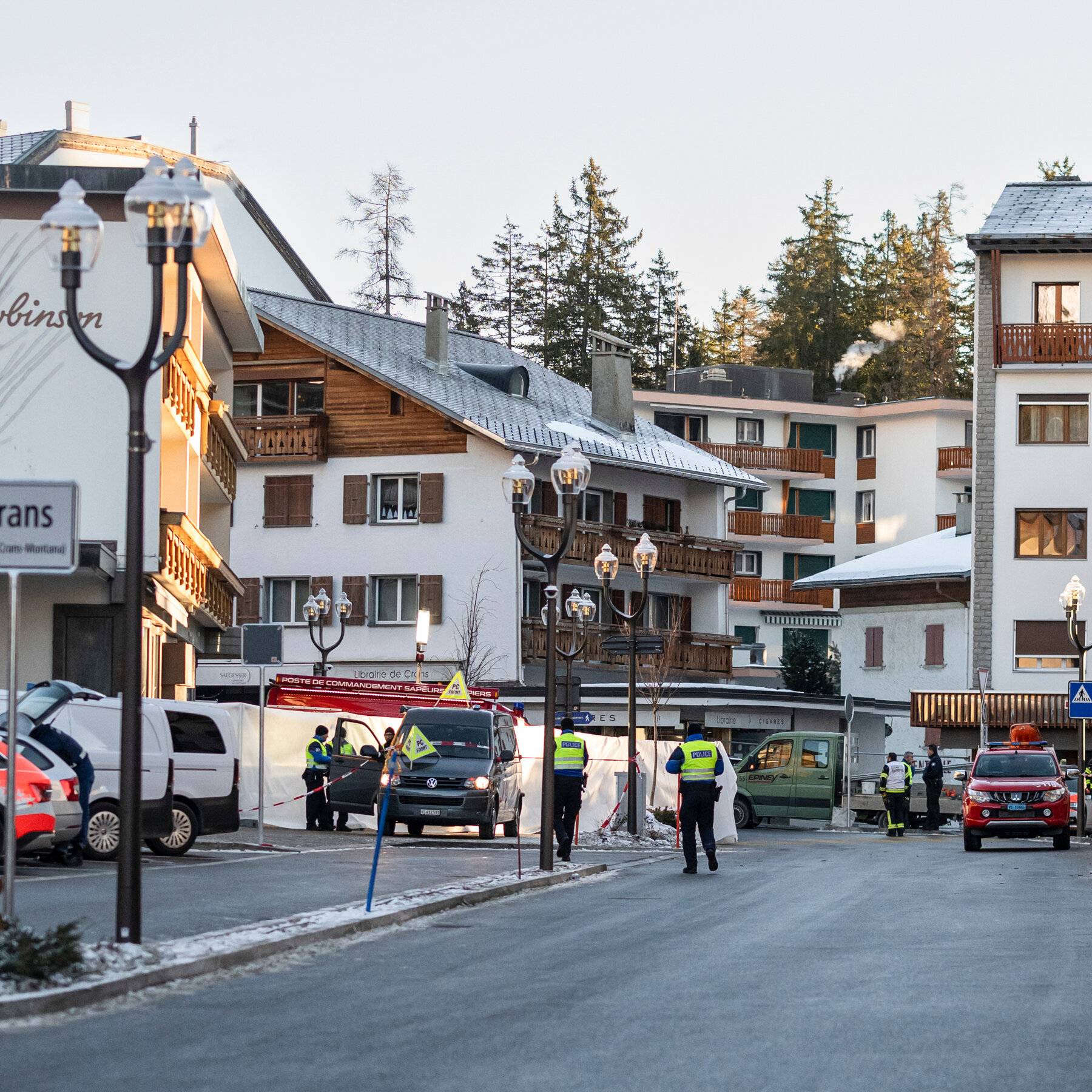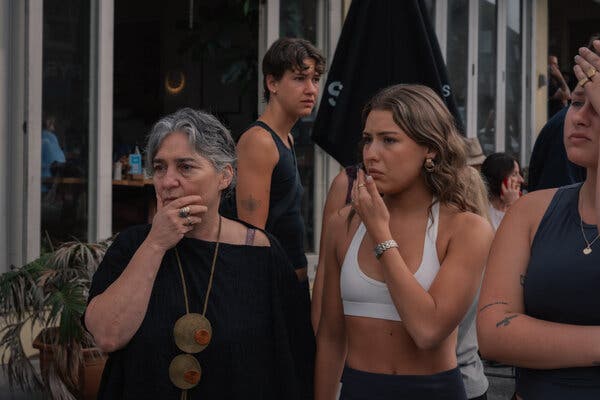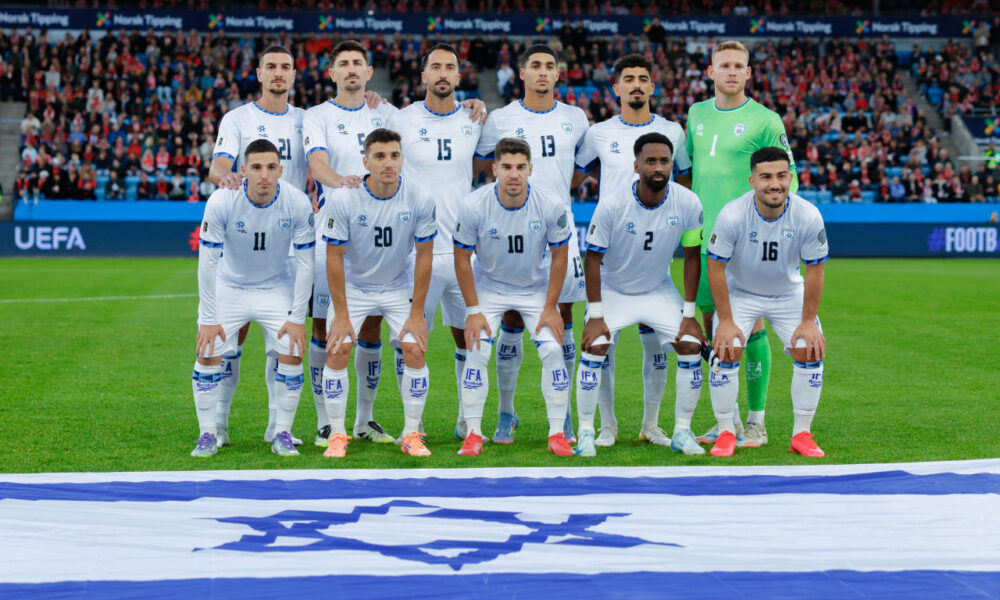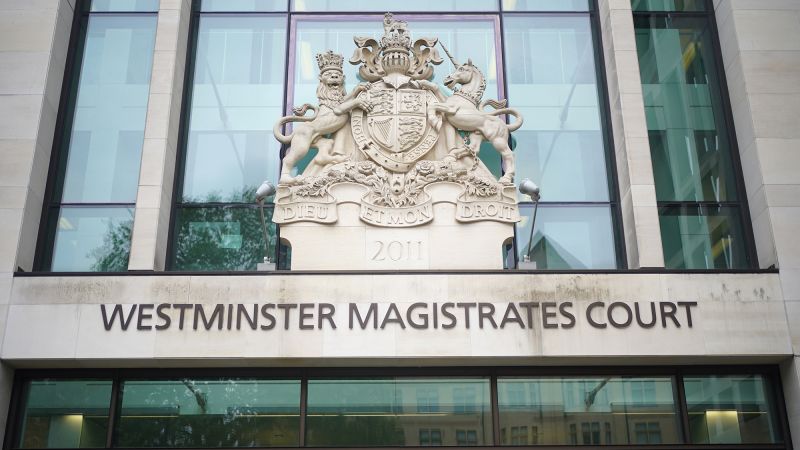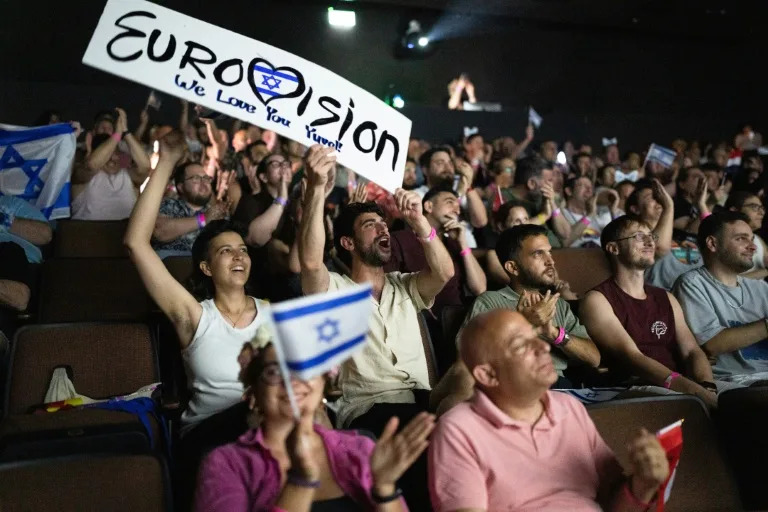A new family film, The Secret Floor (German title: Das geheime Stockwerk), blends time travel with history to educate children about the dark past of Nazi Germany. The film, a collaboration involving Kevin Lee Film Germany, Amour Fou Vienna, and Amour Fou Luxembourg, is directed by Norbert Lechner. It features a screenplay penned by Katrin Milhahn and Antonia Rothe-Liermann, and stars Silas John, Annika Benzin, Maximilian Reinwald, Marie Jung, Maximilian Simonischek, and Tobias Resch.
The narrative centers on 12-year-old Karli, who discovers a magical elevator in an old hotel in the Alps that serves as a time portal to 1938. In this era, he befriends a Jewish girl named Hannah and a shoeshine boy named Georg. The plot thickens when Georg is wrongfully accused of theft, prompting the trio to unravel a mystery hidden within the hotel as the ominous shadow of Nazi Germany looms over them.
Lechner explained the genesis of the film, noting that Rothe-Liermann’s childhood experience of watching a documentary about Auschwitz profoundly impacted her. “In school, the eight-year-old children were shown a film about Auschwitz, and she was really shocked and couldn’t sleep for months,” he recalled. This led to the question of how to convey such a heavy topic to children without causing trauma.
The film aims not only to inform but also to engage younger audiences through adventure. The team drew inspiration from classic time travel films, notably Back to the Future, examining how to construct a compelling narrative. “We did a lot of research and talked to scientists and historians to get everything right,” Lechner stated.
The film has received accolades at various festivals, including the Zlin Film Festival in Czechia, where it won the children’s jury award, as well as honors for best feature film and best actor at Germany’s Goldener Spatz. It also won the Tommy Hilfiger Special Award at the Giffoni Film Festival. Ahead of its screening at the Tallinn Black Nights Film Festival on November 9, 2023, Lechner shared insights into the film’s development and its connection to contemporary issues.
Lechner emphasized the significance of the film’s dual timeline, noting that it allows audiences to confront the past more intimately. “If you had it playing just in the Nazi time, you could create that distance for yourself as an audience member,” he explained. The film’s humor, particularly the interactions between Karli and kids from 1938, lightens the historical weight. “We have this culture clash between our time and the past,” he added, highlighting the importance of authentic dialogue reflective of the era.
Preparing young actors for their roles involved extensive rehearsal. “We started rehearsing a year before shooting,” Lechner noted. The aim was to immerse them in the historical context, including body language and social etiquette of the time.
The film’s premiere at the Goldener Spatz festival encountered an unexpected challenge when a demonstration by Neo-Nazis occurred the day after its debut. Lechner recounted the tense atmosphere, stating, “They knew that our film was the opening film. They had signs and were looking at us very threateningly through the window.”
Lechner hopes that The Secret Floor will encourage families to engage in discussions about history. “My wish would be that people go see the film with their children, so that they can talk about the film afterwards,” he said. In Germany, discussions about the Third Reich typically occur in school for students aged 14 or 15, which Lechner believes is too late for many.
The film is set to screen next at the American Film Market on November 12 and the Philadelphia Jewish Film + Media Festival on November 14. Lechner is already working on new projects, including a film that also takes place in 1938, focused on a conference in Évian, France, addressing the plight of Jewish refugees. This project is based on a book by Hans Habe titled The Mission.
Through The Secret Floor, Lechner aims to provide a gateway for young audiences to learn about a pivotal moment in history, fostering curiosity and dialogue about the past.


